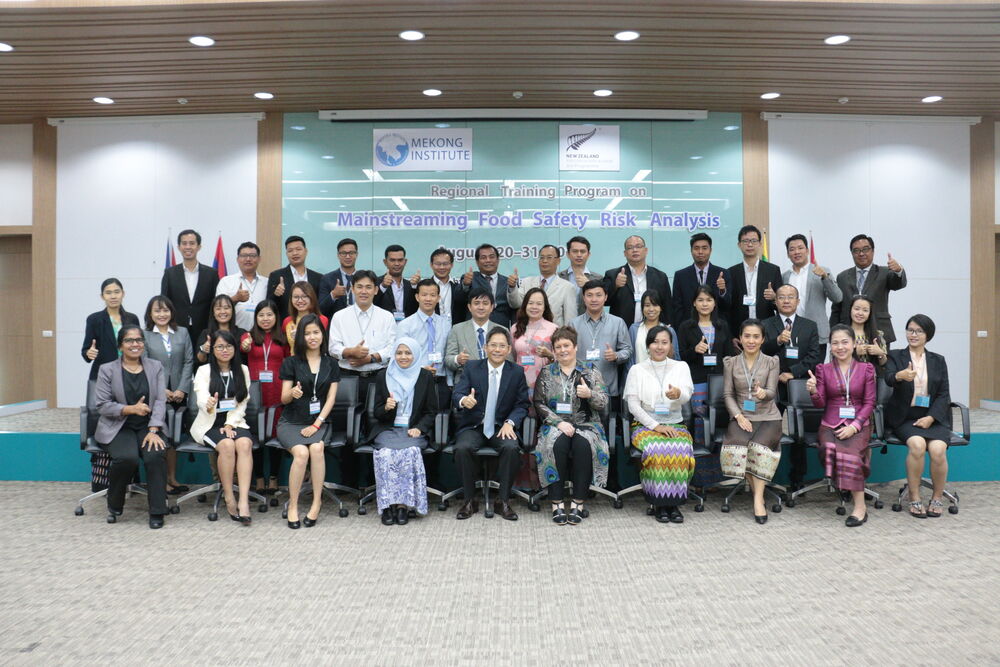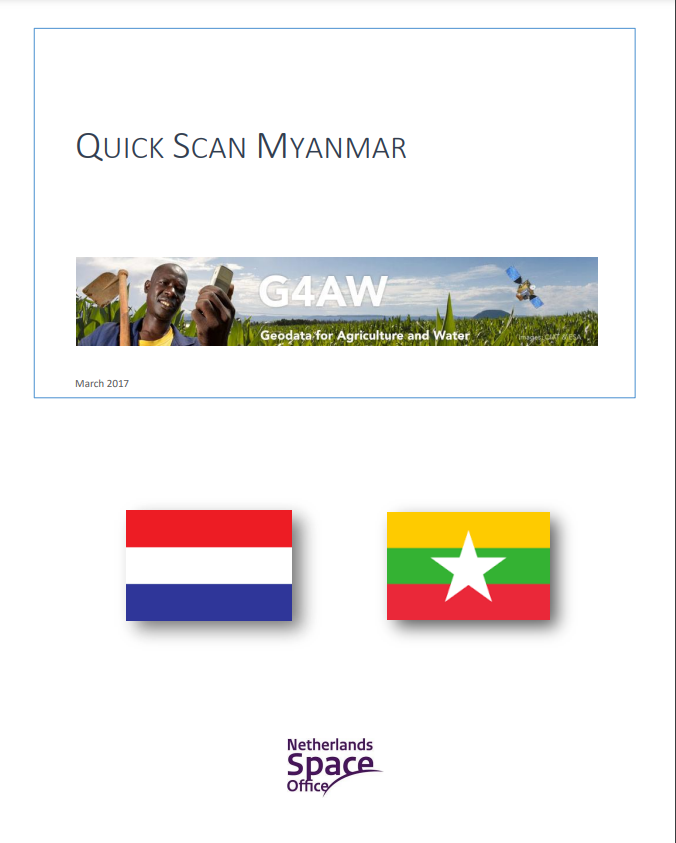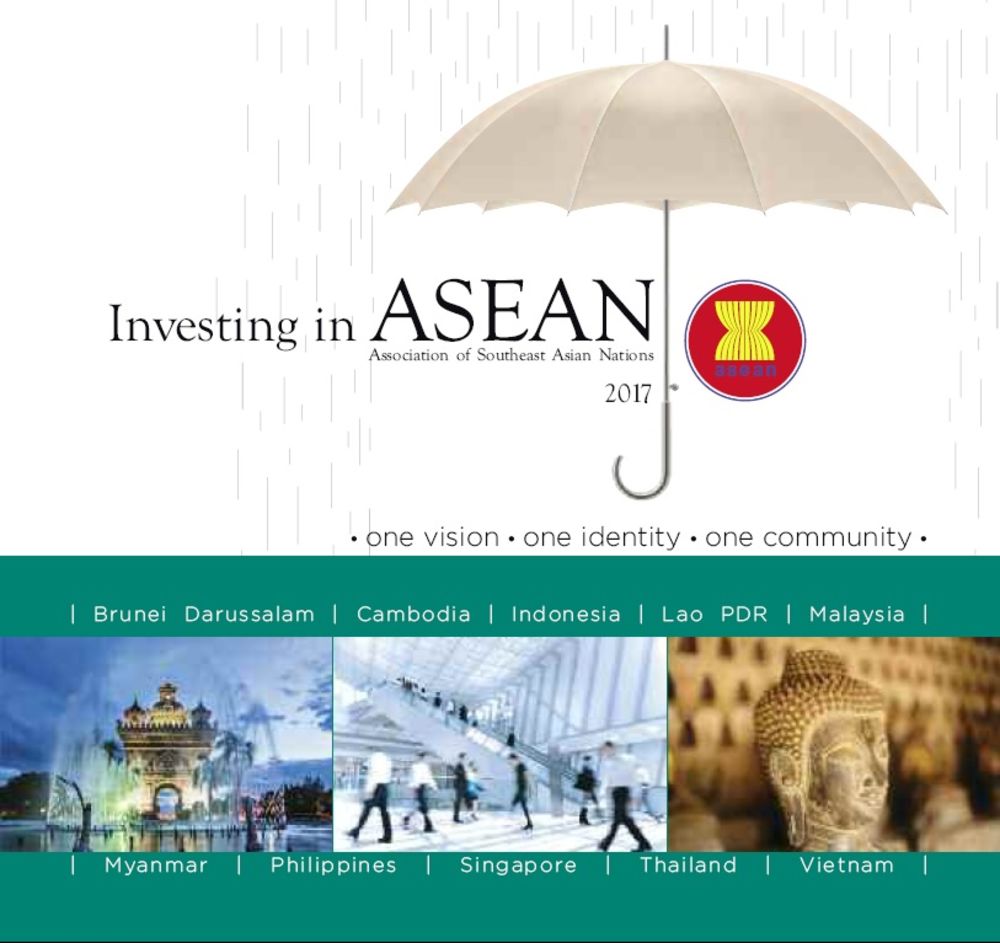MI PROSAFE TRAINING EMPHASIZES FOOD SAFETY RISK ANALYSIS
Mekong Institute’s PROSAFE Project continues the delivery of training courses to bolster safe food consciousness in Cambodia, Lao PDR, Myanmar, and Vietnam (CLMV). Today, August 20, the regional training program on Mainstreaming Food Safety Risk Analysis opened at the MI Residential Training Center with 28 participants in attendance from relevant government agencies, academic and research …
MI PROSAFE TRAINING EMPHASIZES FOOD SAFETY RISK ANALYSIS Read More »










